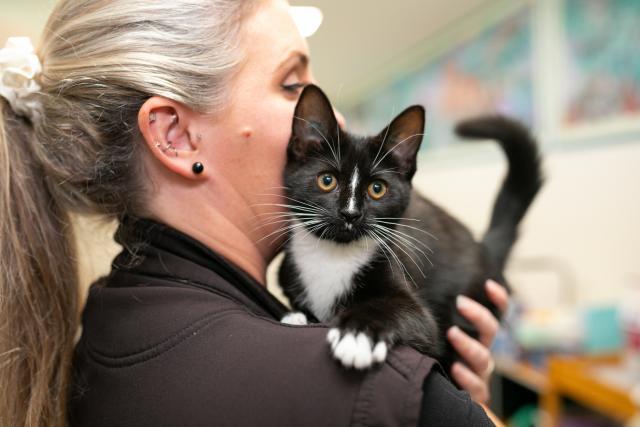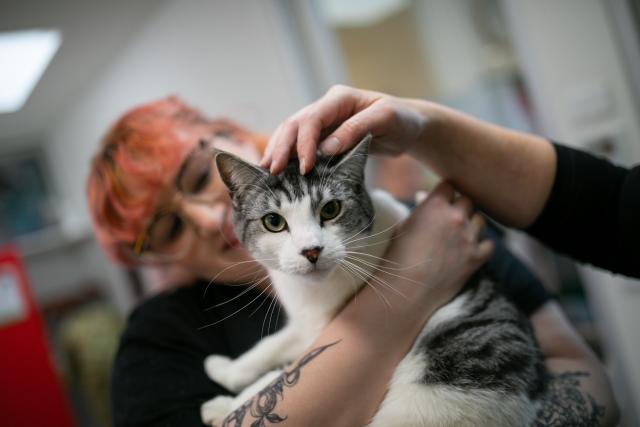
By Dongyun Kwon
A feline vaccine shortage is making it difficult for Animal Aid to offer its services.
The vaccines currently in limited availability are a combination known as F3 vaccination, guarding against key diseases like enteritis (feline parvo) and feline calicivirus/feline herpesvirus (cat flu).
Yarra Ranges Council decided to pause the cat-trapping services due to the vaccine shortage.
Yarra Ranges Mayor Sophie Todorov said the vaccine shortage is having an impact across the country.
“While cat vaccine stocks are low, there is a very high risk of animals spreading illness to each other, especially when they’re in close confines, like in boarding and at Animal Aid,” Cr Todorov said.
“Until supplies improve, to reduce the risk of unnecessary and dangerous illness, we’re working with our partners at Animal Aid to reduce the number of cats entering the service, and for this reason, we’re pausing non-essential cat trapping.”
The shortage is caused by various factors and Animal Aid CEO Mark Menze said one of the main causes is the Covid pandemic.
“It was caused by ramping up with Covid vaccine manufacturing and the feline vaccinations got put on the back burner.”
There was also increased demand for vaccines as cat and kitten ownership surged during the pandemic.
Another cause is batch failures reported by some suppliers due to manufacturing errors.
To deal with the situation, Animal Aid had to make necessary adjustments to the vaccination and adoption procedures for cats.
Mr Menze said there are two main services that Animal Aid does which are affected by the shortage.
“The first is our shelter service for the animals that are trying to get adoption-ready,” he said.
“Genuinely, cats have at least two vaccinations before they go into home for adoption and we are unable to do that, so what we’re currently doing is just vaccinating the ones that are most vulnerable and doing one vaccination instead of two.
“The second is a regular clinical service, but people with their own cats are likely to be unable to find vaccinations through private vet clinics at the moment, there are some but it’s very elusive,” he said.
Animal Aid recommends keeping unvaccinated kittens indoors and away from roaming cats.
Surrender of adult cats is restricted without proof of vaccination in the last two years and kittens under six months would be accepted only by appointment if Animal Aid’s shelter capacity allows.
Adoption is still available for vaccinated, desexed and microchipped cats and kittens while unvaccinated adult cats will follow the normal adoption process including desexing and other veterinary care.
Mr Menze said Animal Aid would not stop the service to find lost cats and kittens home despite the difficult situation.
“Under the council [Yarra Ranges Council] services, people bring lost cats into us all the time, so we try to find their homes and get them back to the owners, but only about 18 per cent of the cats, that come into our shelter, are actually sent back to their owners,” he said.
“People don’t chip [identification microchipping] their animals which makes it very difficult for us to get them home, so for the remaining 80 per cent of cats, we put them through health checks and get them adoption-ready.
“What that means is for those pets, that are coming into our shelter, we don’t know if they’ve been vaccinated in the past, and now we can’t vaccinate them due to the shortage, normally we would vaccinate them on day three.”
The situation is currently evolving and it is estimated that the supply will be improved by March 2024.








